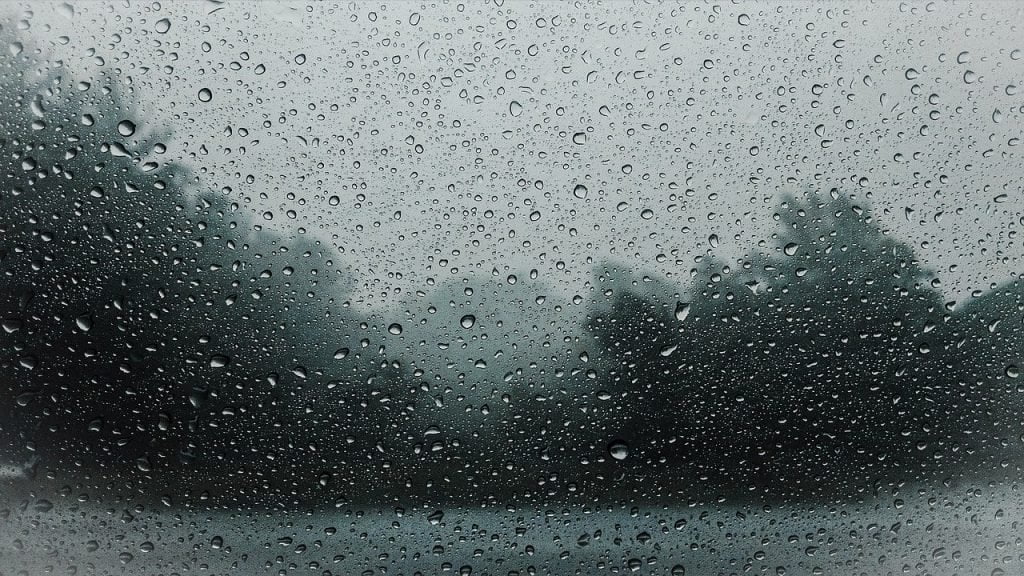The spring has arrived, and it’s time to clean! Although it sounds nice, the truth is that after a long winter, there’s a lot to do inside and outside of your home. Although the weather is warmer in spring, it remains bipolar. Many customers are anxious to have their windows cleaned but fear the inevitable September showers.
Rain is a problem. This was the conventional wisdom, or maybe just grandma’s advice. We look out our windows with dismay when rain falls and disrupts the fun. But, when the storm passes and the fun is back the tidy housekeeper smiles. The heart sinks when you look out of the window in spotted drab. It’s not your fault, though.
It’s not rain that makes windows dirty. Rain is actually quite clean. Rain is basically distilled water, so we won’t bore you with all the science. Some window cleaners around the globe actually prefer rainwater. This is called “rainwater harvesting”. You might be surprised by the results of a Google search for this phrase. This phrase is especially popular in Brisbane when it starts to rain in the warmer months. If rain isn’t the primary culprit, then who? A few things can cause windows to become water-spotted eyesores.
Screens
The real villain is the protective, vigilant screen. Although screens are essential and useful, they can pose a problem for windows that have been cleaned. The screens prevent dirt, pollution, pests and other debris from damaging windows. When it rains, the problem is even worse. Rainwater sluices through the screen and grabs debris, crashing it against the glass. The result is a stained and unsightly window. Make sure you clean the screens as well when you have your windows cleaned by a professional or yourself. Screen cleaning is not included in most window cleaners and will incur an additional charge. However, it is essential for a lasting clean.
Environment
The environment is another factor that can cause damage to your windows after they have been cleaned. Each area of the country has its own unique environment, so it is possible for rain to cause damage. Acid rain can be a problem in areas that are more industrial. Acid rain refers to precipitation with unusually high levels of hydrogen ions and low pH. It can cause damage to plants, animals, and windows. Acid rain is caused mainly by the release of sulfur dioxide or nitrogen oxide. These chemicals react with water molecules in the air to create acids. Rain can cause problems if there is a lot of carbon dioxide and other chemicals being released.
There you have it. Acid rain and dirty screens are the culprits. Even if you don’t have any of these issues, your windows should not get dirty every time it rains again – don’t blame the rain! Rain isn’t the problem. It’s almost entirely pure and safe to drink. Make use of your knowledge to clean dirty screens. Talk to your service provider to add screen cleaning to your regular cleaning. Or, you can do it yourself. Screen cleaning is easy and requires no special tools or chemicals. Simply brush away any large debris, scrub the screen with a soapy sponge, then rinse. Don’t forget to schedule your window cleaning service next time it rains. Cleaning windows in the rain is not the best idea.


Pingback: How to clean your window screens the best - Wishy Washy Windows
Pingback: 6 Ways To Increase Your Houses Value - Wishy Washy Windows
Pingback: The 7 Types of Windows - Wishy Washy Windows